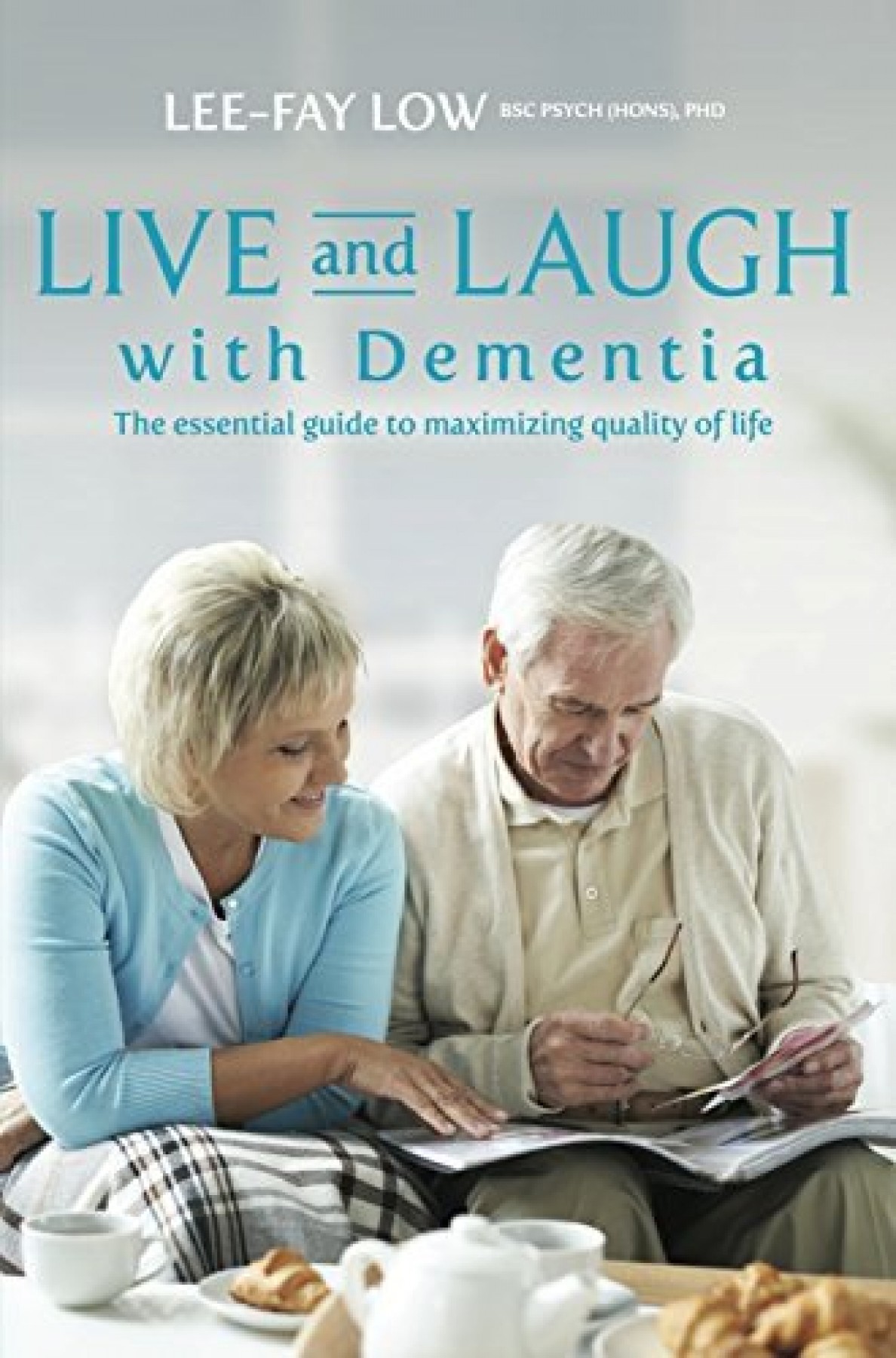Lee-Fay Low is a leading researcher in the field of dementia in Australia. What this book acknowledges is that her grandmother had vascular dementia and it is therefore a human story of those living with dementia as well as their carers, families and friends.
Her introduction reminds us that, although she is an expert on dementia in general, the best expert on the person with dementia you are looking after is you, the carer. You are asked to add two key ingredients to the book: your knowledge about the person with dementia and your creativity in selecting and modifying activities.
The components of the life history of the person with dementia are the first step. Where they were born; where they spent their childhood; where they lived; places that are special to them and why. Who are or were the important people in their life, what was the relationship like and what is it currently like?
Activities, such as their jobs, what they did in their spare time and, of particular interest, what they still do in their spare time, are important in maintaining their activities. If they are able to contribute personally, it is possible for them to share their past and present and also talk about things they have always wanted to do. There is a life history worksheet for activity planning, as well as four case studies which are invaluable when the carer follows their lives and activities.
Although laughter would not be associated with dementia in many people’s minds, as I read this book I recalled attending one carers’ meeting where a woman said she went to them regularly and laughed out loud, rather than staying at home and crying alone.
The book also contains tips for people with mild or moderate dementia, who can think back through their lives and re-experience the feelings associated with the past. Those memories can be aroused frequently if carers find that they bring smiles and laughter to the one they care for by asking just the right questions.
One of the case histories is of a woman who enjoyed singing. The family found ways of connecting with her through popular songs from the past, nursery rhymes, Christmas carols, traditional songs, hymns and classical music. A collection of her favourites gave her many pleasurable hours, even when she was alone.
There is so much wisdom, based on research and life experience in this book, that I intend to buy my own copy before I need to begin seeking help for myself or others close to me, to maximise quality of life for as long as the years allow.
Reviewed by Marie Hull-Brown, Mental Health Promoter with a special interest in older people at the Mental Health Foundation
I Need Help Now
Help for you or someone important to you
More

